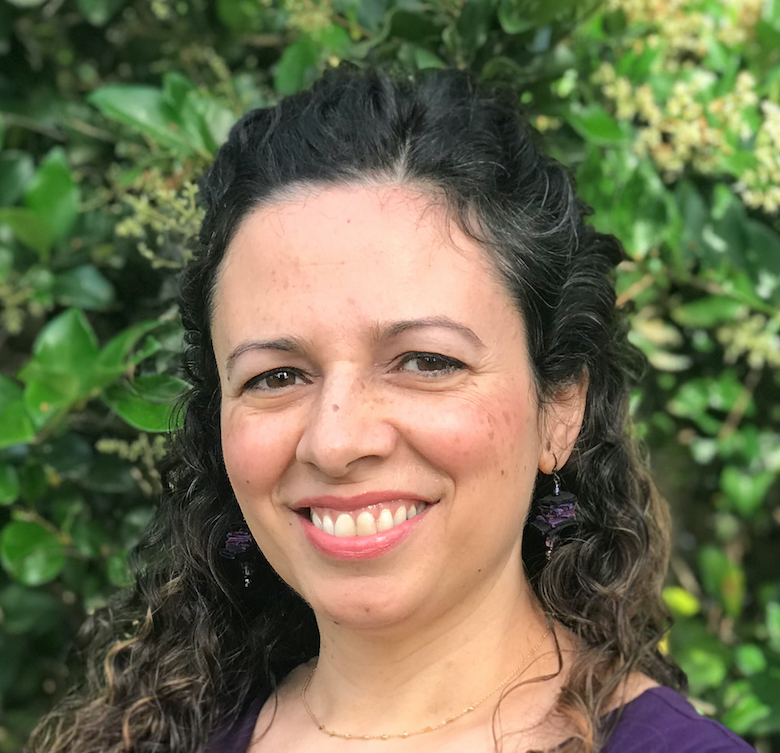This project will first identify and analyze a series of specific ethical concerns or questions that have, or will arise as a consequence of the HGP, including genetic screening and diagnosing genetic disorders or predispositions, privacy, ownership, and security of HGP data, and genetic variations within and between groups. These concerns will be analyzed in the context of morally relevant variables that emerge from the application of a formal moral theory. Analyses based on the application of other moral theories will be done to control for unintentional biases.
The overall goal of this project is to assess the potential and limitations of the application of genomic sequencing to testing hypotheses of human identity and relationship. The model system for this project will be direct sequencing of the highly polymorphic control region of the maternally inherited, haploid mitochondrial DNA (mtDNA) after amplification of target sequences by the polymerase chain reaction.
The purpose of this project is to develop models for broad-based community dialogue to examine the value and ethical dimensions of emerging technologies in applied human genetics. The project will be carried out by a multidisciplinary and multi-institutional team with expertise in ethics, science policy, and education. The Center for Applied and Professional Ethics at the University of Tennessee, joins with an unusually science-literate congregation to develop this project.
The goal of this project is to collect, and disseminate information on the ethical, legal, and social implications of human genetics. 'Human genetics' includes the HGP, genetic testing and screening, genetic therapy or enhancement, and eugenics. For published materials, the products will be:
-a collection of print and non-print materials on the ethical and policy aspects of human genetics;
-an on-line bibliographic database;
-quarterly and annual printed bibliographies;
-periodic review essays; and
-a full-text database for selected articles.
Building on the experiences and products of the Human Genome Education Model Project (1993-1997), Georgetown University Child Development Center and the Alliance of Genetic Support groups plan to use the collaborative (consumer and health professional) education model to educate allied health professionals through their respective national organizations. The overall goal is to derive optimal benefit from development of the Human Genome Project for allied health professionals and the clients they serve.
This project is a multi-step cooperative educational effort to target both consumers and multidisciplinary health professionals for education on the Human Genome Project and its ethical, legal, and social implications. The current attitudes and knowledge of consumers and non-genetic health professionals, two groups ill informed about the Human Genome Project and its implications, will be assessed. These findings will be used to develop a Human Genome Educational Model (HuGEM) for these groups. Then, 160 consumers and 160 multidisciplinary health professional leaders in two U.S.
This is a comparative anthropological analysis of the social networks associated with three groups of heritable connective tissue disorders: 1) Marfan syndrome, epidermolysis bullosa and chondrodysplasias. Using participant observation and interviews, the study will investigate the production and circulation of genetic knowledge among three interrelated constituencies: 1) laboratory researchers; 2) clinicians; and 3) lay support groups. The project aims to identify and describe institutions, events, and practices that facilitate or impede knowledge transfer among members of these groups.
This project will continue development of a "Digital Archive on the American Eugenics Movement." During the initial term of the grant, 1,230 images were collected from three major archives and incorporated into a WWW database; image collection trips to several additional American and European archives will increase the number of images to 2,500. The aim of the archive, without leading the viewer to any 'correct' interpretation of the materials, is to present images with adequate narrative background.
This project proposes to develop a searchable archive of images illustrating the American Eugenics Movement for use by students, educators, and others concerned with the ethical, legal, and social implications (ELSI) of human genome research. The Archive will be based primarily on the corpus of rare materials remaining from the Eugenics Record Office at Cold Spring Harbor, which was the epicenter of American eugenics from 1910-40.

